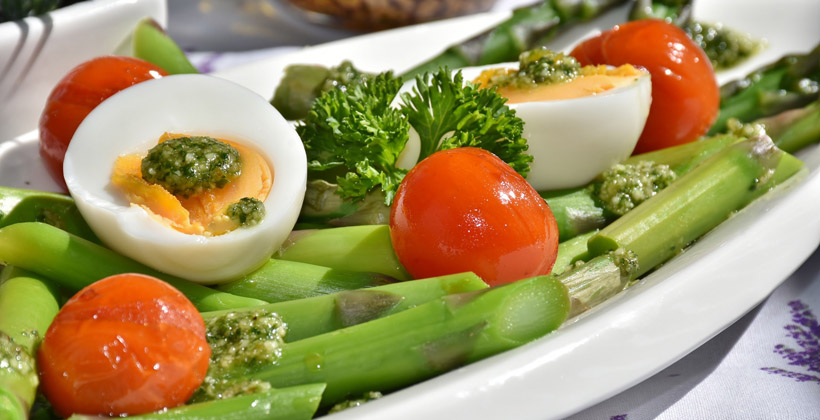It is possible to eat healthier while over the road…
Article by Igor GavricDRINK WATER - As most of us know, in order to hydrate, you need liquid. Why water? Water is the essence of life. Yes it is tasteless (well… supposed to be tasteless), but it provides your body with much needed hydration and also allows your body to get rid of toxins, to filter through the stuff you put into your system. How much should you drink? While most follow the ‘8 by 8’ rule, it may not be right for you, as there is different body types out there, but it is a really good guideline. Remember, dehydration can lead to fatigue, muscle weakness, dizziness, and headaches.
PLAN YOUR ROUTE - Before you head down the road, figure out how far you might be able to go, and plan out when and where you're going to eat along your route. Some of the bigger truck stops offer healthy food alternatives, and some may have a mini grocery section where you can purchase food for the road. Consider packing up your fridge with some healthy foods like fruits, vegetable snacks, lunch meats etc. Avoid white breads if you can. Having healthy snacks in the truck may get you to think twice about stopping for that greasy cheeseburger and fries.
EAT BEFORE YOU ARE HUNGRY - Eating before your stomach will start singing that gut wrenching song may prevent you from running into the truck stop and over stuffing yourself like a thanksgiving turkey with that fried chicken filled buffet. Eating before you're starving may prevent you from over-eating.
EAT A HEALTHY BREAKFAST - It's important to eat a healthy breakfast every day, though sometimes, we don't have the option to do so, as we're sitting at customers for first thing in the AM. Think about putting some cheese cubes and fruit, hard boiled eggs, whole wheat wrap with turkey and cheese, cherry tomatoes or even some peanut butter and bananas. It's an alternative much better than greasy sausage and bacon cooked eggs.
EAT, SMALL, HEALTHY SNACKS THROUGHOUT THE DAY - Potato chips are not a healthy snack! Think about string cheese, cut up pineapple, peaches, apples or pears, unsalted cashews or almonds, whole wheat crackers. Eating between your 3 daily meals will prevent you from over-eating during the meals, it also keeps your metabolism going.
EAT A HEALTHY LUNCH - Deli sandwiches, pitas or wraps are excellent choice for a healthy lunch. Try and stay away from fast fried foods. This meal should be lighter than your breakfast. Loading mayo, mustard or ketchup onto your sandwich or wrap does not make it so healthy.
EAT A HEALTHY DINNER - So it's dinner time, you walk into a truck stop and look at your options. Everything in you is screaming: “Yummm, potatoes, steak, veggies, fried chicken”, you wallet is screaming: “Make sure you get a bang for your buck”. We're used to eating large dinners, filling our faces, but contrary to popular belief, you dinner should be a smaller meal. Beef (if not organic grass fed) is full of toxins, eat it rarely. Opt for the pork or chicken, grilled or baked if possible. Mashed or baked potato, instead of grease filled fries and gravy. And load up the veggies! Carrots, beans, fresh peppers, lettuce etc., and don't load it up with ranch dressing. Oh and the soft drinks? See the article on “Rethink your drink!” … Ice tea (un-sweet/lightly sweetened or water would be best). Also, drink a glass of water before a meal. It helps you with the full feeling.
DON'T EAT BEFORE BED - Your body needs time to digest. Refrain from eating 2-3 hours before bed to give your digestive organs time to work away the food you ate. Eating before bed also affects the quality and length of your sleep, as your organs are working hard when they should be preparing your body for sleep.

